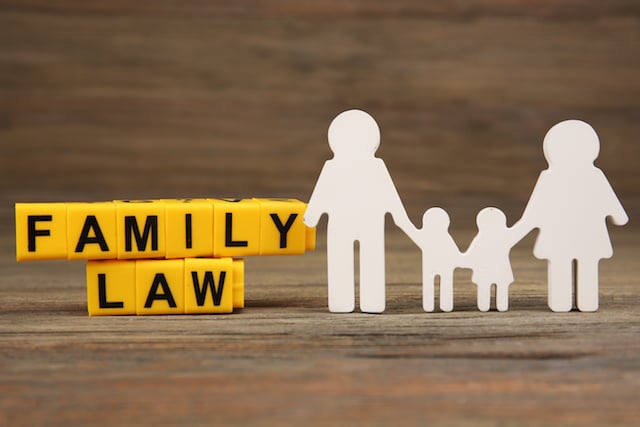Do I Still Need to Pay Child Support if I am Retired in New Jersey?

The decision to retire is one of the most important moments in your life, and it will impact a number of things going forward. While retiring represents a pleasant opportunity to settle down and enjoy the fruits of your labor, there are a number of financial considerations that you must keep in mind. If you are approaching retirement, you may be asking yourself how this will impact your child support payments.
The answer may depend on your unique situation, and it is not always easy to figure out how retirement affects child support. This is why it is always a good idea to connect with a qualified elder law attorney who can guide you through the entire retirement process. With a legal expert by your side, you can conveniently handle all of the considerations associated with retirement, including child support.
The Definition of “Income”
Regardless of whether you are retiring or not, it is important to understand how the state of New Jersey defines “income” in the context of child support payments. When you retire, you will most likely receive payments through a retirement plan, pension, or some other type of program. So, is this classified as “income” when calculating child support payments?
New Jersey law specifically highlights the fact that retirement interests are indeed classified as “gross income” in the context of child support. This includes the following:
- Government and private retirement plans
- Social security
- Veteran’s administration
- Railroad retirement
- Deferred compensation
- Keoghs
- IRAs
- Dividends
Modifying Your Child Support Payments When You Retire
 When you speak with your attorney about your plans to retire, you may come to the conclusion that you can successfully modify your child support payments because your income will be notably reduced. In this situation, you may be able to pay less and reduce your financial burden. However, this is not always easy, and you will need a legal expert who can prove a few things to the court:
When you speak with your attorney about your plans to retire, you may come to the conclusion that you can successfully modify your child support payments because your income will be notably reduced. In this situation, you may be able to pay less and reduce your financial burden. However, this is not always easy, and you will need a legal expert who can prove a few things to the court:
- Your retirement provides a greater net benefit to your health and overall financial situation compared to the potential negative impact on your children who will receive reduced child support.
- There have been permanent, substantial, and unplanned changes to your employment/income situation.
The latter point is probably the most crucial. In the context of early, unexpected retirement, many plaintiffs cite health problems as the reason they stop working. However, this is not always easy to prove in a court of law. In a notable 2008 New Jersey case (Kassin vs. Kassin), a man tried to modify his child support payments after retiring early because of heart problems.
However, he did not provide adequate evidence that his heart problems actually prevented him from working. Because of this, the court denied his request for modified child support. This is why it is so important to gain the assistance of a qualified legal expert who can prove these things in the court.
What About 401Ks?
While most retirement interest is classified as “income” in the context of child support, there is one notable exception: You will not have to give any money from your 401K to child support. New Jersey courts recognize that accessing the funds in 401Ks is not easy and that there are penalties associated with early withdrawals and so on. When you speak with a retirement lawyer, you can create a financial plan that uses 401Ks and other methods to reduce the burden of child support.
Getting Legal Help
If you are ready to start planning for your retirement and avoid paying unnecessary child support payments, speak to a qualified attorney today. Reach out to Giro, LLP, Child Support Attorneys, and we will help you plan your next move.

Leave a Reply